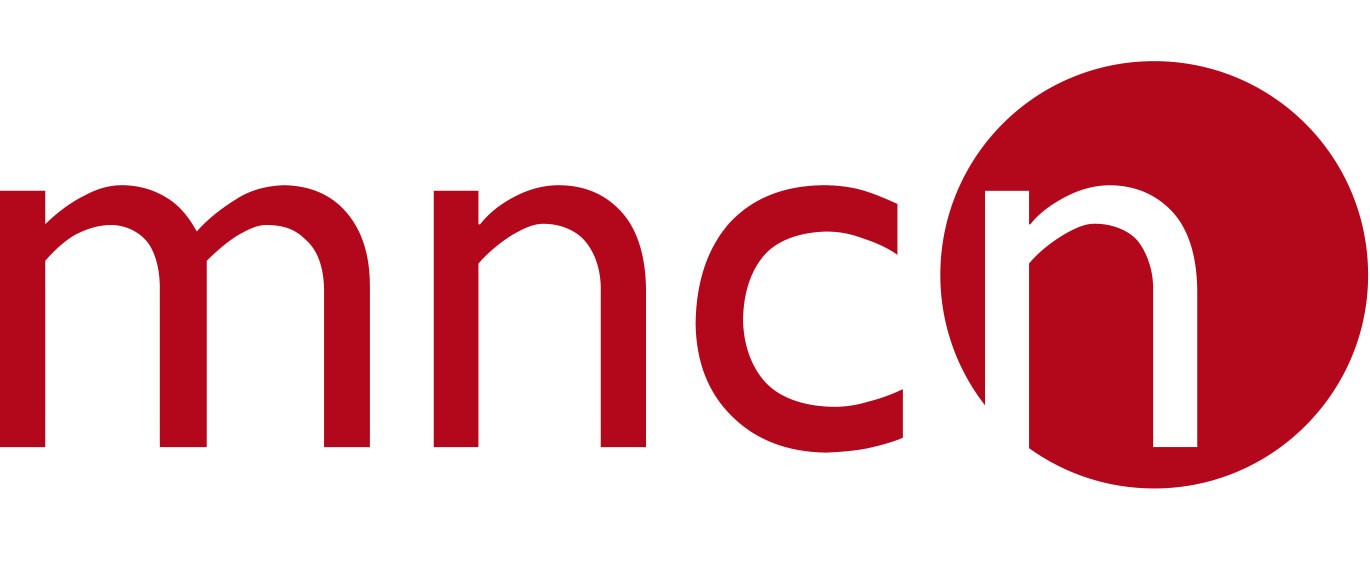DiSSCo
European RI DiSSCo
DiSSCo (Distributed System of Scientific Collections) is a new European research infrastructure (RI) made up of the largest European natural history collections: 170 institutions from 23 countries, which aims to massively improve the ability of scientists to discover, access and analyze complex, previously disaggregated and disjointed information derived from the study of Europe's vast natural science collections.
DiSSCo works towards the digital unification of European natural science assets under common preservation and access policies and practices, and aims to ensure that data are readily Findable, Accessible, Interoperable and Reusable (FAIR).
The initiative was endorsed in the ESFRI Roadmap 2018 to fill a gap in European environmental infrastructures, with the vision of placing European natural science collections at the center of scientific excellence and innovation to promote taxonomic and environmental research, food security, health and the bioeconomy.
DiSSCo España
The Spanish National Node is so far formed by seven organizations: the Spanish National Research Council (CSIC), the University of Navarra (UNAV), the Complutense University of Madrid (UCM), the University of Valencia (UV), the Consorci Museu de Ciències Naturals de Barcelona (CMCNB), the Cabildo de Gran Canaria (CGC) and the University of Granada (UGR), being coordinated by the Museo Nacional de Ciencias Naturales and led by its director.
CSIC participates through twelve research centers: the Museo Nacional de Ciencias Naturales (MNCN), the Royal Botanical Garden (RJB), the Geological and Mining Institute of Spain (IGME), the Spanish Institute of Oceanography (IEO), the Institute of Marine Sciences (ICM), the Mediterranean Institute of Advanced Studies (IMEDEA, mixed UIB), the Doñana Biological Station (EBD), the Center for Advanced Studies of Blanes (CEAB), the Institute of Aquaculture of Torre de la Sal (IATS), the Institute of Marine Sciences of Andalusia (IMEDEA), the Experimental Station of Arid Zones (EEZA) and the Join Institute for Biodiversity Research (IMIB); UNAV participates through the Museum of Natural Sciences, which includes the Museum of Zoology and the PAMP Herbarium; the UCM participates through fourteen Museums and Collections distributed among the Faculties of Biological Sciences, Geological Sciences, Pharmacy, Veterinary Science and Medicine; the UV participates through the Museum of Natural History and the Botanical Garden; the CMCNB participates through its Museu de Ciències Naturals de Barcelona, and the Institut Botànic de Barcelona (mixed CSIC); the CGC participates through the Jardín Botánico Viera y Clavijo, an R+D+i unit associated with the CSIC; and the UGR through the collections associated with the Vicerrectorado de Extensión Universitaria, Patrimonio y Relaciones Institucionales.
Together, its collections hold more than 29 million specimens. The scientific data generated are published in scientific journals and their databases are partly accessible through the Global Biodiversity Information Facility (GBIF).
The Spanish Node is bringing together the agents responsible for the creation, preservation, management and study of Spanish scientific collections, to articulate the links between them, unifying criteria and standards, and expanding open access to all communities of interested researchers, through its integration in DiSSCo as a Research Infrastructure (RI) at European level, so the consortium remains open to the incorporation of new members..
For more information contact info@dissco-spain.es





